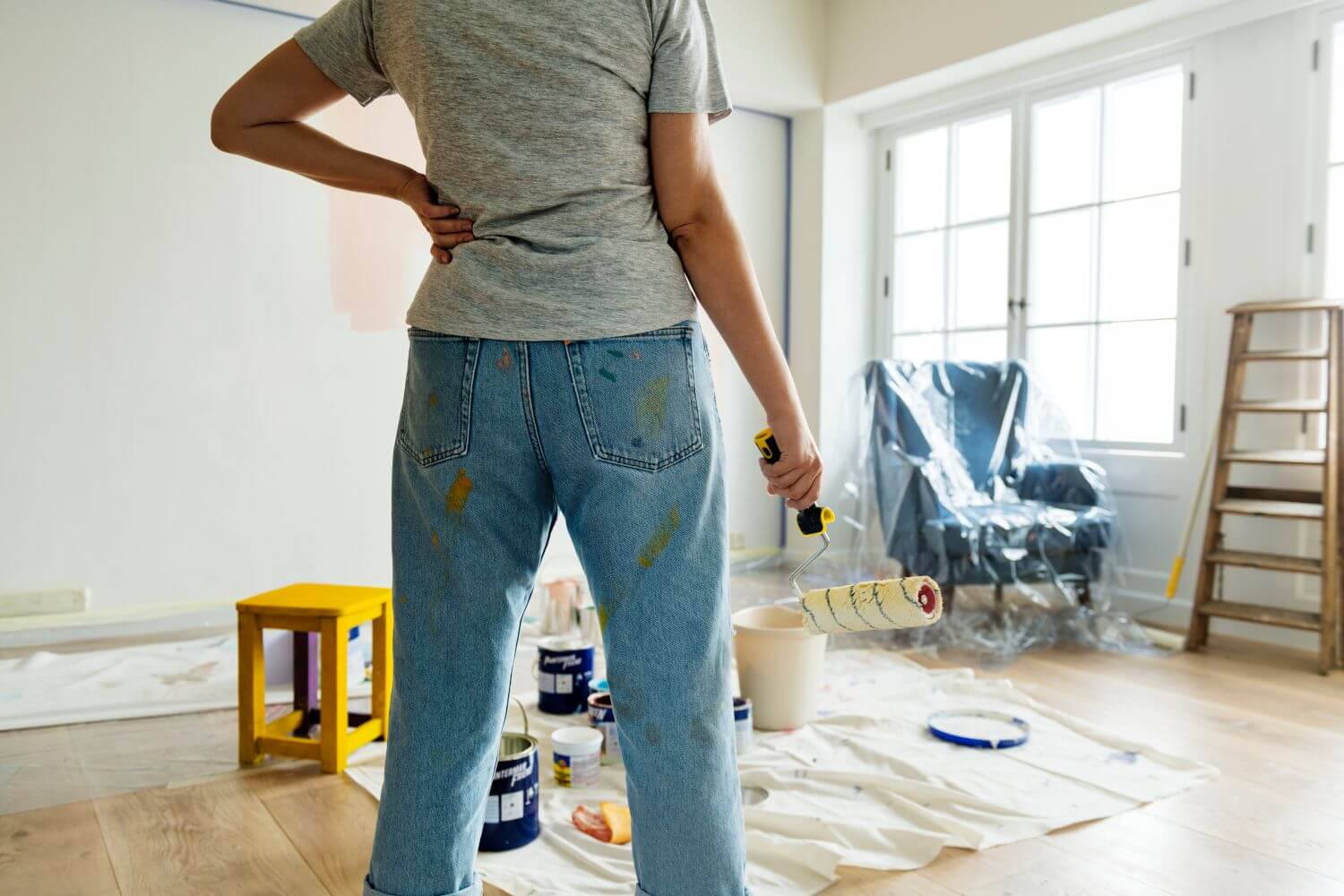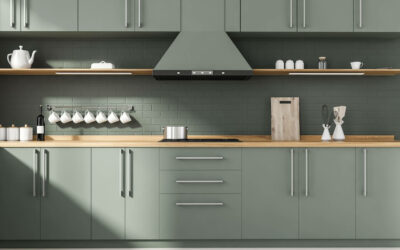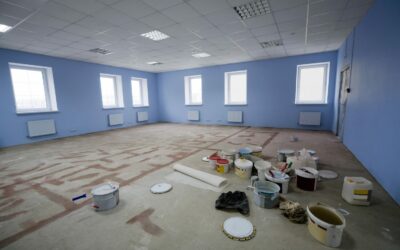
Are you planning on painting the inside of your home or are you about to call in the experts to do it for you? Either way, you need a plan. Painting is the easy part, it’s getting everything prepped and ready that throws most people off. But how to prepare for interior painting? Surely it can’t be that difficult right? Well, interior painting requires you to do a few things health and safety-wise but also regarding the actual project itself.
Here are some ways you can prep a room or your entire house for a major interior home painting weekend.
Walk through the interior of the home
You can’t just dunk a brush into the paint can and get going. You have to be mindful of the property around you. So walk around the home and look for any problem spots. This may be in the corners or where two walls meet together. It could be a high ceiling or it could be a lack of surface friction on the floor so there’s nowhere to put your ladder. Walk around the home and make a list of these for each room. It won’t take long. A 10-minute task will save you hours of headache in the future. Not to mention, you want to know where valuable items are so you know what to move when you get to it. Nobody wants to smash that beautiful crystal vase, right!?
Protect your furniture before painting
Any interior painter worth his or her weight in gold will always carry with them some coverings for your furniture. You can’t move every single thing out of the room. So, it’s best to start by putting sheets on your sofa, coffee table, and cabinets if they can’t be moved out of the room easily. Bedsheets or just a plastic sheet will do nicely. Many people ask how to prepare a room for painting, but it’s not rocket science. Just stick the sheets down using tape so you can get at every available inch of wall to paint.
Preparing for Ladders and scaffolding
Many interior painting projects have fallen at the last hurdle because nobody thought about ladders and scaffolding. How else are you meant to reach the ceiling and carefully paint the upper areas of your walls? You don’t want guests to be bowled over by your walls and then as they look up, scowl in horror at the poor workmanship they see on the ceiling. We also recommend protecting your floor for this by the way. So in order to get to the very high parts, you need professional scaffolding that is safe, secure, and can be moved anywhere where it’s needed.
If you would like to know more about interior painting and how to prepare your own home, speak with us today. This is what we do best and our painting contractors are only too happy to get to know your next project in detail.
Read Other Blog Posts
Advice: How to Choose the Perfect Color for Your Kitchen Cabinets
Choosing the right color for...
5 Signs It’s Time to Repaint Your Home: Don’t Ignore These Red Flags
Your home is more than just a...
Choosing Affordable Expert Paint Services That Don’t Compromise Quality
The quest for affordable yet...
Reasons Why Professional Painting Services are Vital for Commercial Properties
The façade of a commercial...
The Dos and Don’ts of Choosing Paint Colors for Your Home
Selecting paint colors for...
House Budgeting Brilliance: A Guide to Estimating Interior Painting Costs
Painting your home's interior...






